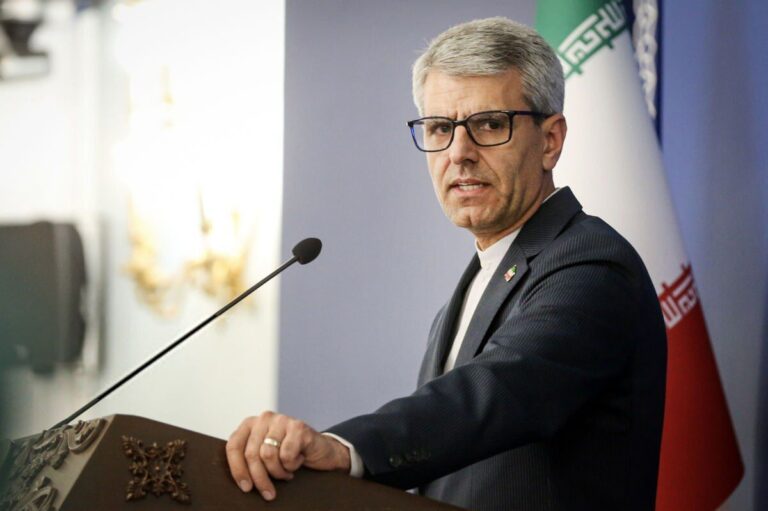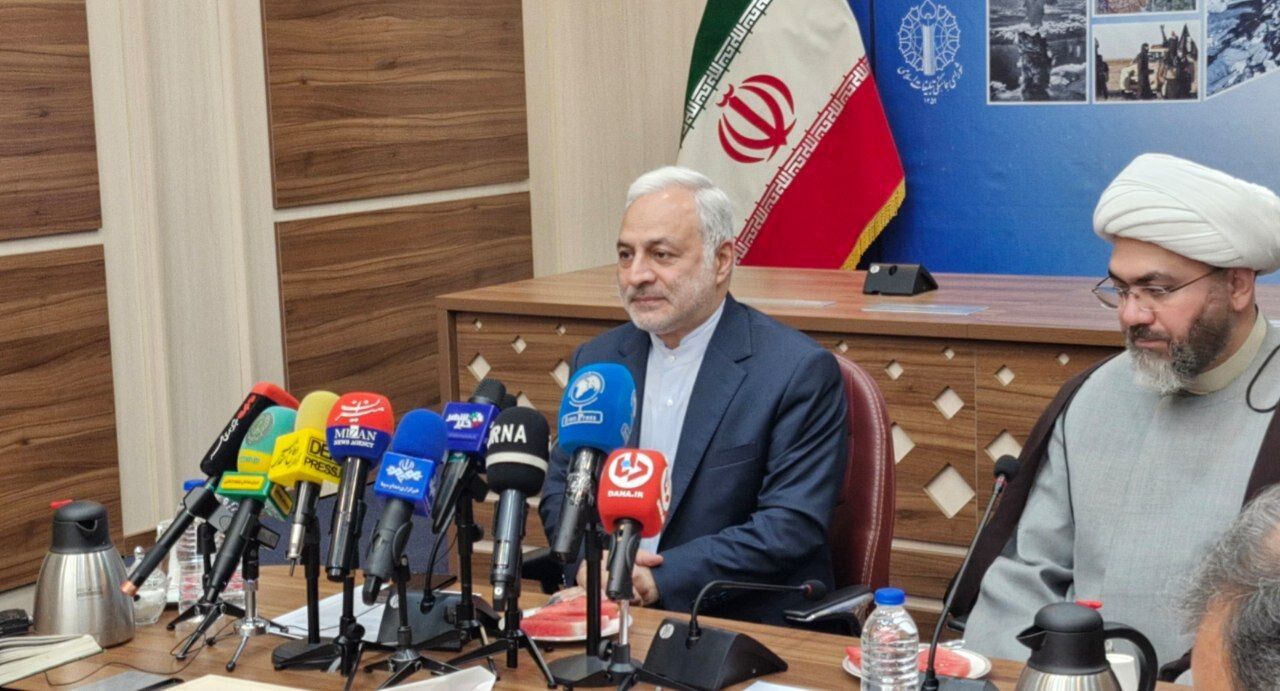
Similar Posts
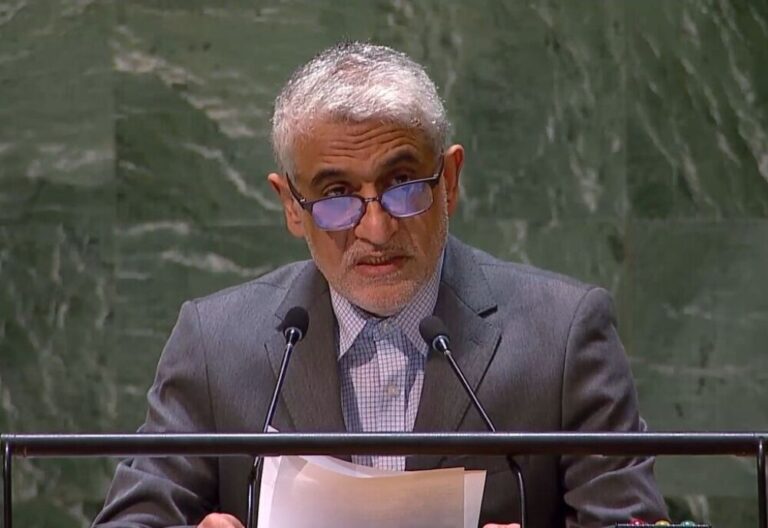
Iran’s U.N. Envoy Slams Disinformation Campaigns Amid Gaza Conflict
In a recent UN address, Iranian Ambassador Amir-Saeed Iravani criticized Israel and the U.S. for spreading false narratives around the Gaza conflict, particularly on Nakba Day, the anniversary of Israel’s establishment in 1948. He condemned Israel’s violence against Palestinians, citing ongoing human rights violations and suppression of Palestinian voices. Iravani noted that, despite global calls for peace, Israel continues its operations with impunity, leading to approximately 60,000 deaths and significant suffering. He reaffirmed the Palestinian right to resist occupation and labeled Israel’s actions as genocide, implicating the U.S. as complicit in these crimes.
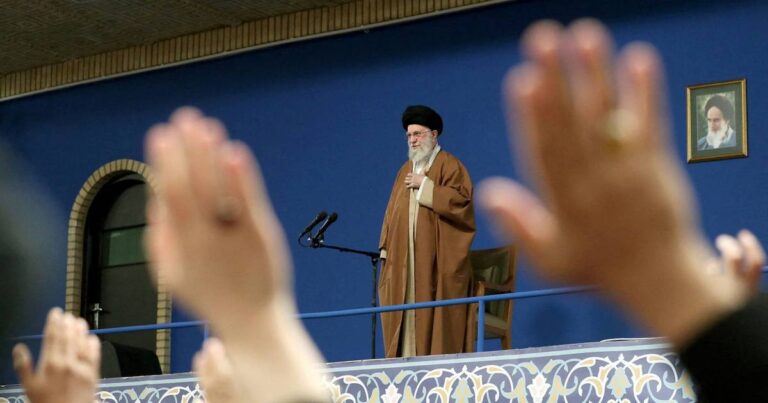
Khamenei Draws on Sacred History to Endorse ‘Temporary’ US Agreement
Iran’s Supreme Leader, Ali Khamenei, has indicated a potential openness to nuclear negotiations by drawing historical parallels with the second Shia Imam, Hasan ibn Ali. During a recent gathering, Khamenei emphasized strategic patience, referencing Imam Hasan’s controversial peace treaty with rival Mu’awiya as a tactical move to protect long-term interests. This marks a shift from Khamenei’s earlier dismissal of U.S. engagement, suggesting a more pragmatic approach while acknowledging internal dissent among hardliners. His remarks highlight the delicate balance he must maintain within Iran’s political landscape as nuclear discussions progress amid external pressures and historical context.
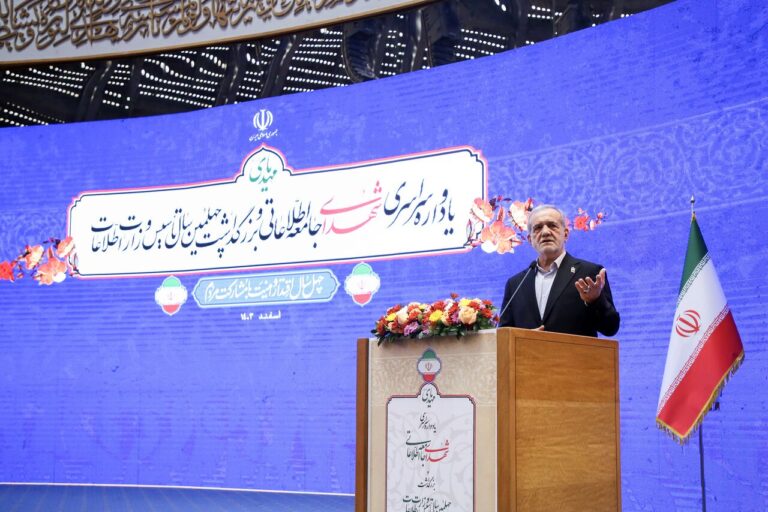
Strengthening National Security: Pezeshkian Advocates for Support of Intelligence Forces
In his recent speech marking the 40th anniversary of the Iranian Intelligence Ministry, President Masoud Pezeshkian emphasized the critical role of Iranian intelligence forces in national security. He pledged his administration’s support to thwart external threats that aim to create discord. Pezeshkian highlighted the need for cooperation between authorities and intelligence agencies to combat unrest and recognized the enemy’s strategies to incite disputes among societal groups. He stressed the importance of unity as a powerful response to these threats, stating, “If we join hands together, we will be able to stand up against all plots,” underscoring the necessity of collective action.
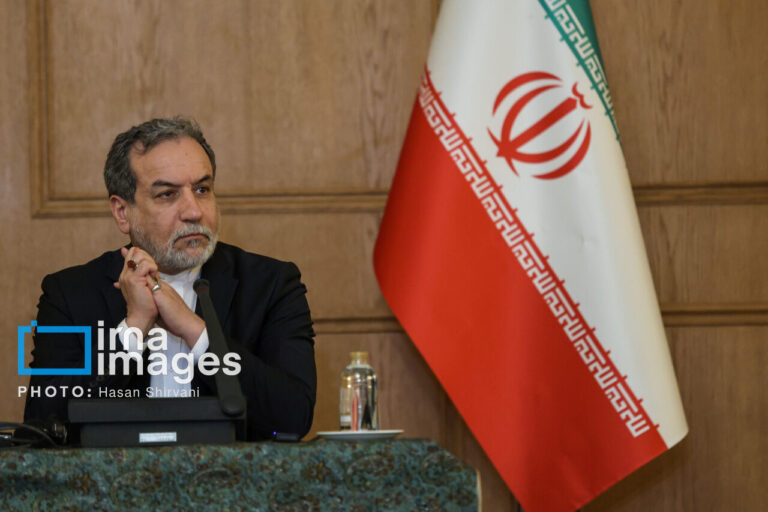
Upcoming U.S. Talks: Araqchi Promises Announcement on Date Soon!
Iran’s Foreign Minister Abbas Araqchi announced that the date for the next round of negotiations with the U.S. will be revealed soon, focusing on Iran’s nuclear program and sanctions removal. Speaking at the Tehran Dialogue Forum, Araqchi discussed various topics with the Omani foreign minister, including regional issues and ongoing U.S. negotiations. He emphasized that discussions were productive, although no formal document has been received from the U.S. Since April 12, four rounds of talks, facilitated by Oman, have occurred, with the latest held in Muscat on May 11, described as challenging yet beneficial.
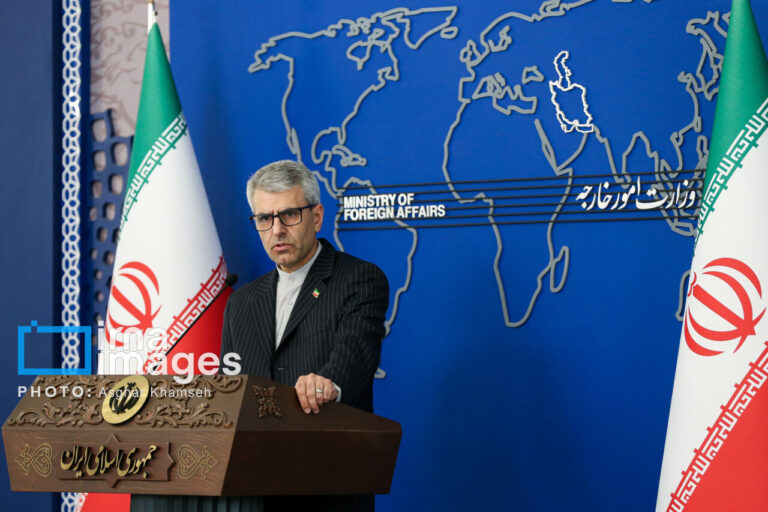
Iran Asserts: Defense Capabilities Non-Negotiable in Talks with U.S., Says Foreign Ministry Spokesperson
Iran’s Foreign Ministry spokesperson, Esmaeil Baqaei, announced that discussions about Iran’s missile capabilities will not be part of ongoing negotiations with the United States. These indirect talks are taking place in Muscat, Oman, involving Iranian and American technical experts, mediated by Oman’s Foreign Minister. Key negotiators include Iran’s Foreign Minister Abbas Araqchi and U.S. Middle East envoy Steve Witkoff. The talks primarily aim to address Iran’s nuclear program and the potential lifting of sanctions. The first round of discussions occurred on April 12, followed by a second round in Rome on April 19.
